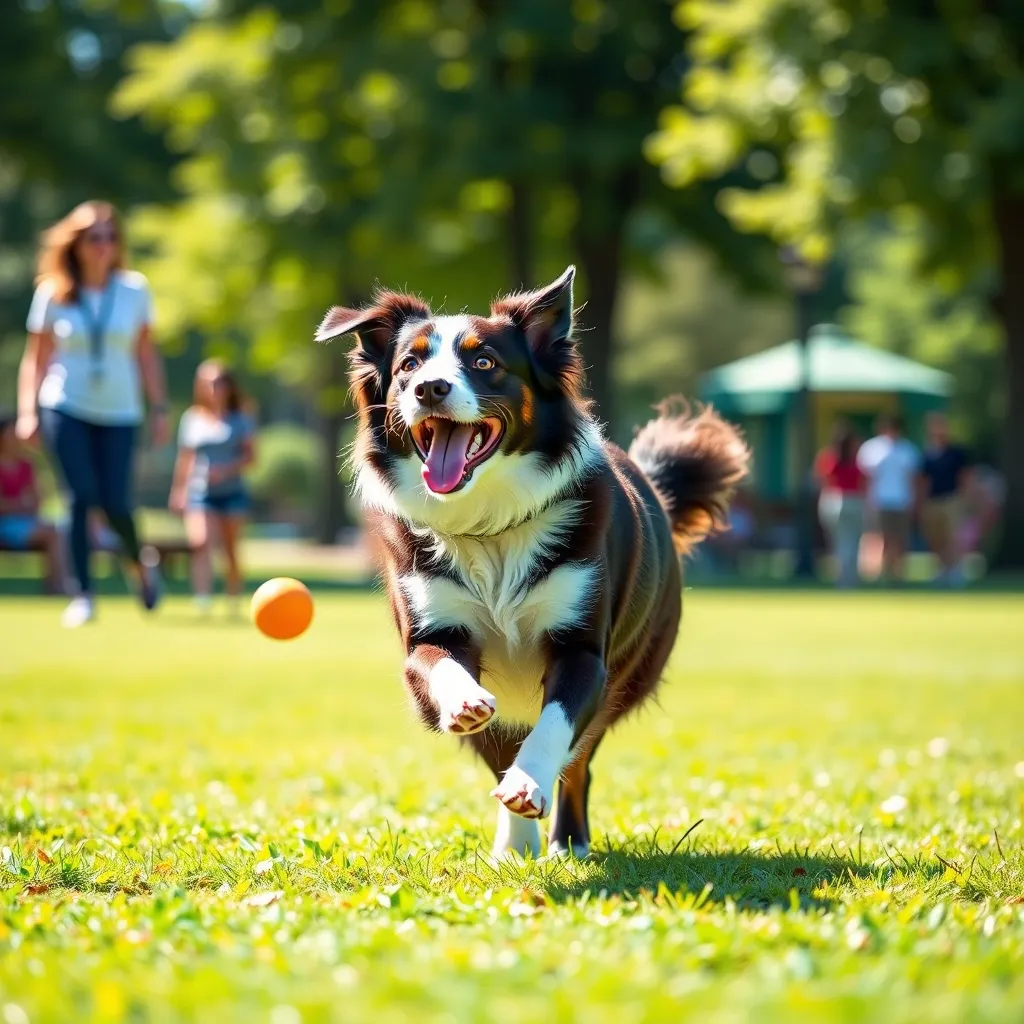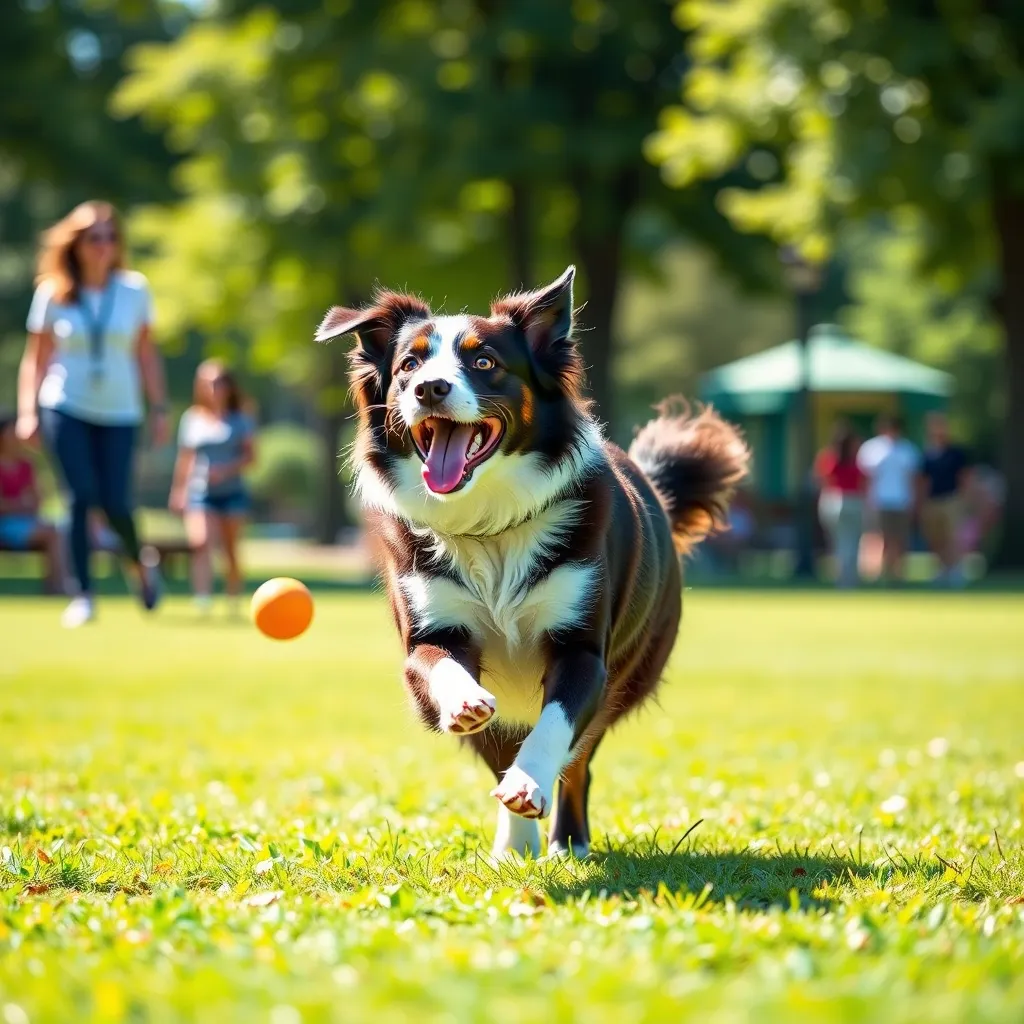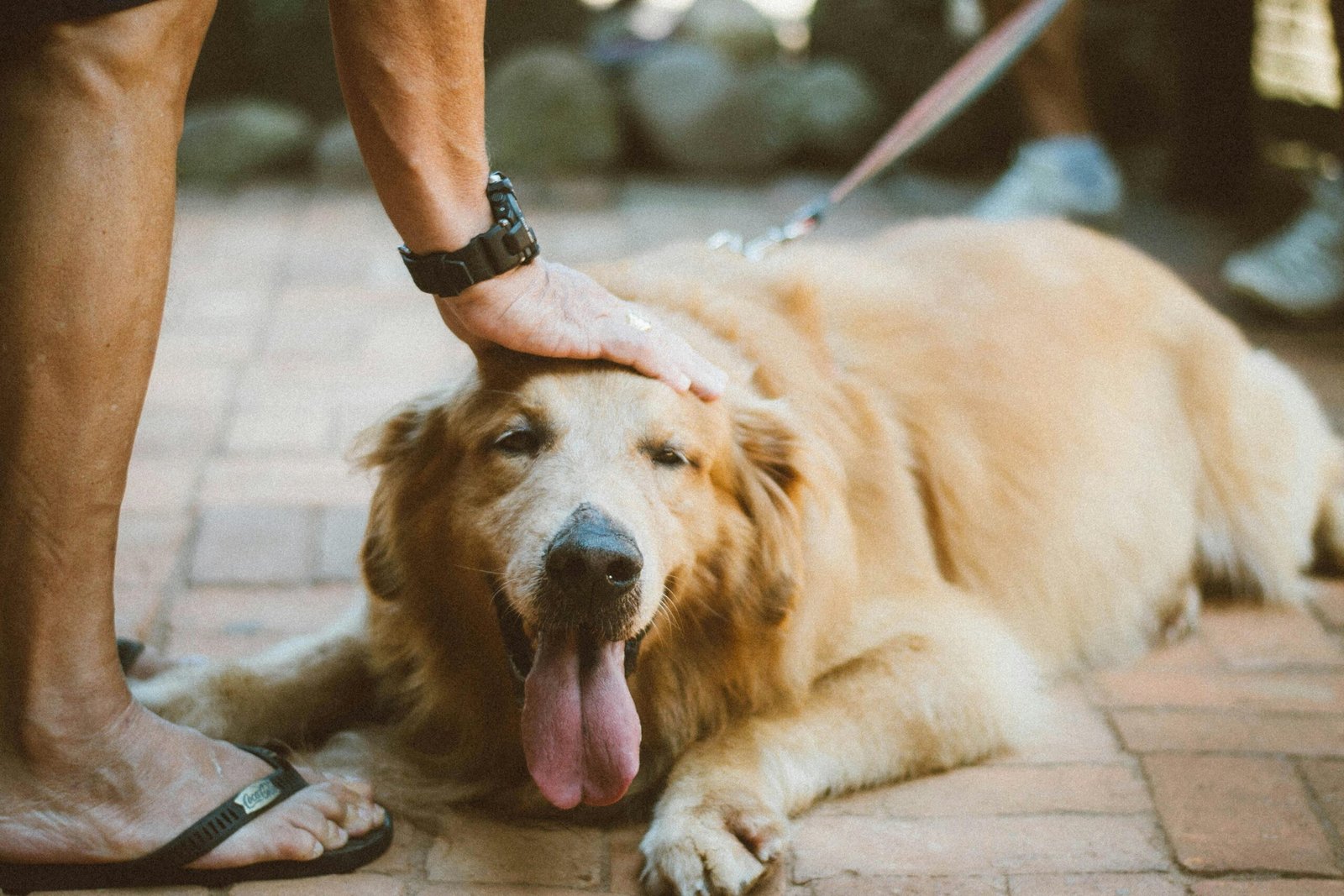Is your dog a whirlwind of energy, constantly bouncing off the walls? While a certain level of exuberance is normal, excessive hyperactivity can be stressful for both you and your furry friend. Fortunately, there are many effective ways to calm your hyperactive dog without resorting solely to medication. This article explores herbal remedies, behavioral modifications, and natural solutions to help you manage your dog’s energy levels and create a more peaceful home environment.
Keywords: hyperactive dog, dog anxiety, calming dog, herbal remedies for dogs, natural calming aids for dogs, dog behavior modification, dog training, reduce dog energy, overly energetic dog, chamomile for dogs, lavender for dogs, dog supplements, CBD oil for dogs, anxiety relief for dogs
Many dogs exhibit hyperactivity due to underlying issues like anxiety, boredom, or lack of proper exercise. Before exploring alternative solutions, it’s crucial to consult your veterinarian to rule out any medical conditions contributing to your dog’s behavior. Your vet can perform a thorough examination and discuss potential underlying health problems. They can also advise on the suitability of any herbal remedies or supplements.

Herbal Remedies: Certain herbs have calming properties that can help reduce anxiety and hyperactivity in dogs. However, always consult your veterinarian before introducing any herbal remedies into your dog’s diet, as some herbs can interact with medications or have adverse effects depending on your dog’s breed, age, and health.
- Chamomile: Known for its soothing properties, chamomile tea (decaffeinated) can be offered in small amounts. Never give your dog chamomile essential oil.
- Lavender: Lavender’s calming scent can be helpful, but use it cautiously. Diffuse a small amount of lavender essential oil in a well-ventilated area, avoiding direct contact with your dog’s skin. Never ingest lavender essential oil.
- Valerian Root: This herb has been used to promote relaxation and sleep in both humans and animals. However, use it with caution and under veterinary guidance, as it can have side effects.

Behavioral Modifications & Training: Addressing the root cause of hyperactivity often involves behavioral modifications and consistent training.
- Regular Exercise: Sufficient physical and mental stimulation is crucial. Daily walks, playtime, and interactive games can significantly reduce excess energy.
- Positive Reinforcement Training: Reward good behavior with treats, praise, and affection. This helps build a positive association with calm behavior.
- Enrichment Activities: Provide puzzle toys, chew toys, and interactive games to keep your dog mentally stimulated and prevent boredom.
- Create a Routine: Dogs thrive on routine. Consistent feeding times, walk schedules, and bedtime routines can help reduce anxiety and promote calmness.

Natural Calming Aids: Besides herbs, other natural options can help calm your dog.
- CBD Oil for Dogs: CBD oil, derived from hemp, is gaining popularity as a natural anxiety reliever. Always choose a high-quality, veterinarian-approved CBD oil specifically formulated for dogs. Start with a low dose and monitor your dog’s response carefully.
- Nutritional Supplements: Certain supplements, like L-theanine or tryptophan, may help promote relaxation and reduce anxiety. Consult your veterinarian before giving your dog any supplements.
- Massage and Grooming: Gentle massage and regular grooming can have a calming effect on many dogs.

Important Considerations:
- Patience is Key: It takes time and consistency to see significant improvements in your dog’s behavior.
- Professional Help: If behavioral issues persist, consider consulting a certified dog trainer or veterinary behaviorist. They can provide personalized guidance and address underlying behavioral problems.
- Monitor for Side Effects: Always monitor your dog for any adverse reactions to herbal remedies or supplements. If you notice any unusual changes in your dog’s behavior or health, contact your veterinarian immediately.
Buy the products shown in this post by visiting this link: https://amzn.to/3Vj3OPx
FAQ:
- Q: Are herbal remedies safe for all dogs? A: No, some herbs can interact with medications or have adverse effects on certain dogs. Always consult your veterinarian before using herbal remedies.
- Q: How long does it take to see results from calming aids? A: The time it takes to see results varies depending on the dog, the chosen method, and the severity of the hyperactivity. Some dogs may show improvement within days, while others may require several weeks.
- Q: My dog is still hyperactive even after trying these methods. What should I do? A: If you’ve tried various methods and haven’t seen improvement, consult a certified dog trainer or veterinary behaviorist. They can help identify underlying causes and develop a tailored plan.
- Q: Can I give my dog human calming medication? A: Absolutely not. Human medications can be toxic to dogs and can have serious, even fatal consequences. Never give your dog any medication unless prescribed by your veterinarian.
Remember, addressing a hyperactive dog requires a holistic approach that combines appropriate exercise, training, and potentially natural calming aids. By working closely with your veterinarian and employing patience and consistency, you can help your hyperactive dog become a calmer, happier companion.
Share this content:






